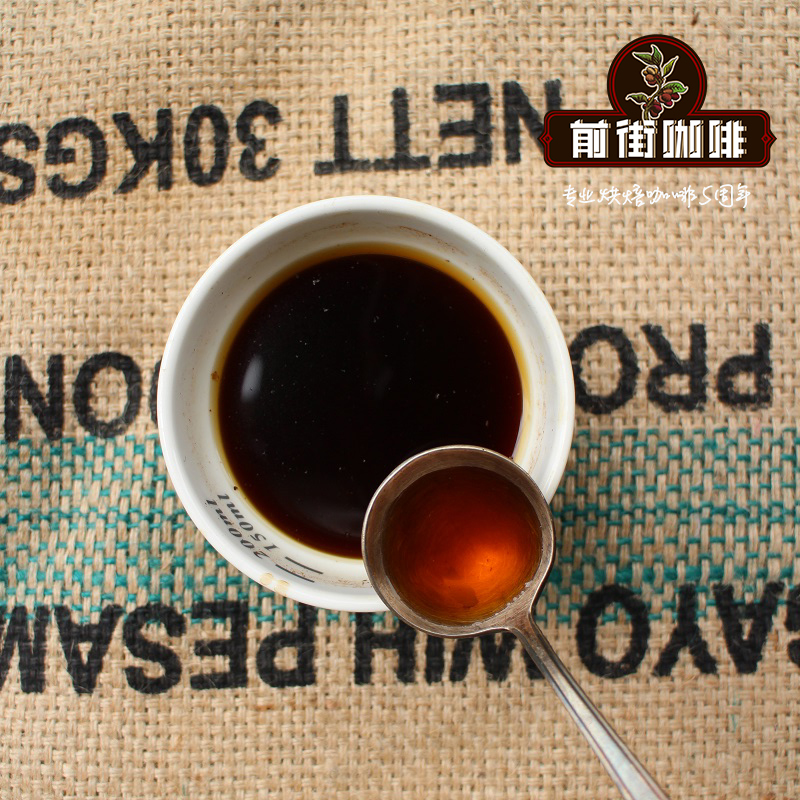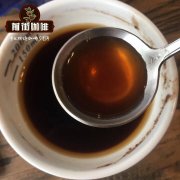Rwanda IGIHANGO Women's Women's League Coffee Bean Story _ Rwanda Micro batch Coffee Bean

Professional coffee knowledge exchange more coffee bean information please follow the coffee workshop (Wechat official account cafe_style)
Rwanda is located in the heart of the interior of Africa. Its fertile mountain terrain and ancient traditional bourbon species indicate that the natural environment needed to grow high-quality coffee beans can be seen everywhere in Rwanda. Coffee was introduced to Rwanda by German missionaries in 1904 and began to flourish in 1930 because it was the only income-earning crop for rural farmers. Whether it was Arabica harvested in March-June or Robsta harvested in May-June, the government encouraged in effect ordering the production of low-quality and high-yield coffee, even though poor quality played an important role in Rwanda's economic development at that time, because it was one of the few crops that could earn cash, but as global coffee prices collapsed, it continued to promote the policy of exporting low-quality Arabica coffee. Changes are bound to be made.
The 1994 genocide claimed nearly 500000 lives and almost wiped out the knowledge and technology of coffee bean growing. at the same time, coffee prices around the world fell sharply, making Rwanda's coffee industry even worse. The coffee industry in Rwanda is now on the rise again, hoping to re-establish the infrastructure needed for the production and processing of boutique coffee beans at a steady pace, most notably the Joint enhanced Rwanda Agricultural Partnership (PEARL), which is mainly to help Rwanda rebuild agricultural institutions, production capacity and cultivate agricultural talent to help local small farms sell coffee beans directly to buyers in the boutique coffee market. Unlike neighboring Kenya, Ethiopia has a centralized auction system, but its agricultural cooperatives can buy and sell coffee directly with buyers. However, if coffee beans are to be exported from landlocked countries, they have to travel 1500 kilometers to the port of Mombasa Mombasa in Kenya or the port of Dares-Salam Dar es Salaam in Tanzania, after the exercise of the 2007 Crop of Gold' Golden Bean Competition. Rwanda then held its first C.O.E coffee competition in 2008, which drew more buyers' attention to the high-quality bourbon beans produced in Rwanda.
Unlike other large quantities of coffee beans in Abakundakawa Rushashi, Duhingekawa produces small batches of coffee, which is made up of 70 women who specialize in bean picking. The cooperative is certified by the Fair Trade Association (fair trade) and is part of USAID's project to improve the quality of life in Rwanda.
Property Characteristics: farm characteristics
Farm Farm name: Women's subgroup Duhingekawa Women's Cooperative
Grade level: A1/A2
Region producing area: Rushashi, Gakenke District
City City: Abakundakawa Abekandekos
Country country: Rwanda Rwanda
Altitude altitude: 1500Murray 2000m
Certification certification: fair Trade Association (Fair Trade) certification
Farm profile:
Abakundakawa is a 1700-member coffee cooperative with a washing factory located in Rushashi. The coffee of this cooperative is grown at an altitude of about 1600murl 1800m. The main varieties of coffee are traditional yellow bourbon varieties, which are treated with typical washing methods and dried in scaffolding. This is a fair trade association (Fair Trade) certified fair trade beans, which is part of the USAID project to improve the quality of life in Rwanda. In particular, all the harvesting and the whole production process are completed by an exclusive organization composed of 70 women. "Duhingekawa" means women's coffee. But sadly, many of these women are widows left over from the Holocaust. I can't say that this Rwandan coffee is much better than the regular Rushashi, but it is the result of blind testing.
END
Important Notice :
前街咖啡 FrontStreet Coffee has moved to new addredd:
FrontStreet Coffee Address: 315,Donghua East Road,GuangZhou
Tel:020 38364473
- Prev

Introduction to the characteristics of Nyamasheke Nimashek Coffee from Rwanda Coffee producing area
Professional coffee knowledge exchange more coffee bean information please follow coffee workshop (Wechat official account cafe_style) Product name: Rwanda Coffee (medium roasting) production area: Nyamasheke altitude: 1500-1800 m Grade: boutique beans: Bourbon Annual rainfall: 1600mm Annual average temperature: 22 degrees Celsius handling method: washing flavor: honey, milk chocolate, orange
- Next

Direct trade Rwanda organic coffee how to drink _ comparison of roasting degree of Rwanda coffee beans
For more information on coffee beans, please follow the coffee workshop (Wechat official account cafe_style) Rwanda is a late coffee producer compared with other African countries. Rwanda almost disappeared from the market due to civil war and genocide between 1990 and 2003. in recent years, coffee production has resumed due to international aid and political stability.
Related
- Detailed explanation of Jadeite planting Land in Panamanian Jadeite Manor introduction to the grading system of Jadeite competitive bidding, Red bid, Green bid and Rose Summer
- Story of Coffee planting in Brenka region of Costa Rica Stonehenge Manor anaerobic heavy honey treatment of flavor mouth
- What's on the barrel of Blue Mountain Coffee beans?
- Can American coffee also pull flowers? How to use hot American style to pull out a good-looking pattern?
- Can you make a cold extract with coffee beans? What is the right proportion for cold-extracted coffee formula?
- Indonesian PWN Gold Mandrine Coffee Origin Features Flavor How to Chong? Mandolin coffee is American.
- A brief introduction to the flavor characteristics of Brazilian yellow bourbon coffee beans
- What is the effect of different water quality on the flavor of cold-extracted coffee? What kind of water is best for brewing coffee?
- Why do you think of Rose Summer whenever you mention Panamanian coffee?
- Introduction to the characteristics of authentic blue mountain coffee bean producing areas? What is the CIB Coffee Authority in Jamaica?

